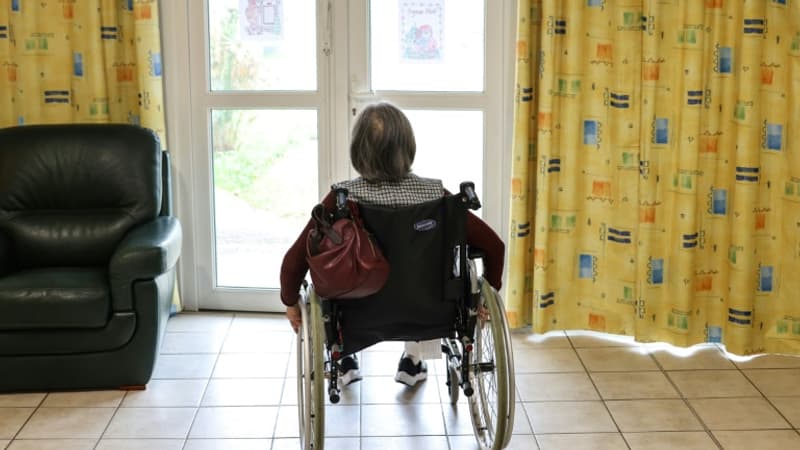“Some establishments are in a delicate financial situation, the question of their survival is beginning to arise,” Jean-Christophe Amarantinis, president of Synerpa, stressed in a press conference.
“Inflation hits establishments for seniors head-on. The gap between income and expenses is widening, leading them to resort to their reserves or to resort to bank loans that become more complicated,” he explained.
In recent years, inflation has not been offset by increases in public allocations.
Nursing homes, both public and private, receive a “care” package, financed by Social Security and a “dependency” package, from the departmental councils. Residents will also have to pay an amount dedicated to “accommodation”.
Public allocations are not enough to compensate for inflation
The sector also suffers from a lack of personnel and has difficulties recruiting because it remains “unattractive”, laments Jean-Christophe Amarantinis.
According to him, the private sector is also harmed by the Government’s recent decision to increase, only for public sector employees, remuneration for hours worked on weekends and at night. This revaluation should extend to the private sector, he argued.
Synerpa also suggests that public allocations could finance positions such as quality director or dietician, to relieve healthcare staff of certain tasks and thus strengthen the attractiveness of their positions.
“The Social Security Financing Bill (PLFSS) must respond to our immediate and urgent challenges in terms of economics and human resources,” underlines Jean-Christophe Amarantinis.
For now, the PLFSS, which will be debated in the National Assembly at the end of October, plans to increase the national health insurance (Ondam) spending target dedicated to seniors by 4.6%. An amount far from the 13% claimed by Synerpa, which, however, welcomes the government’s gesture.
Source: BFM TV


